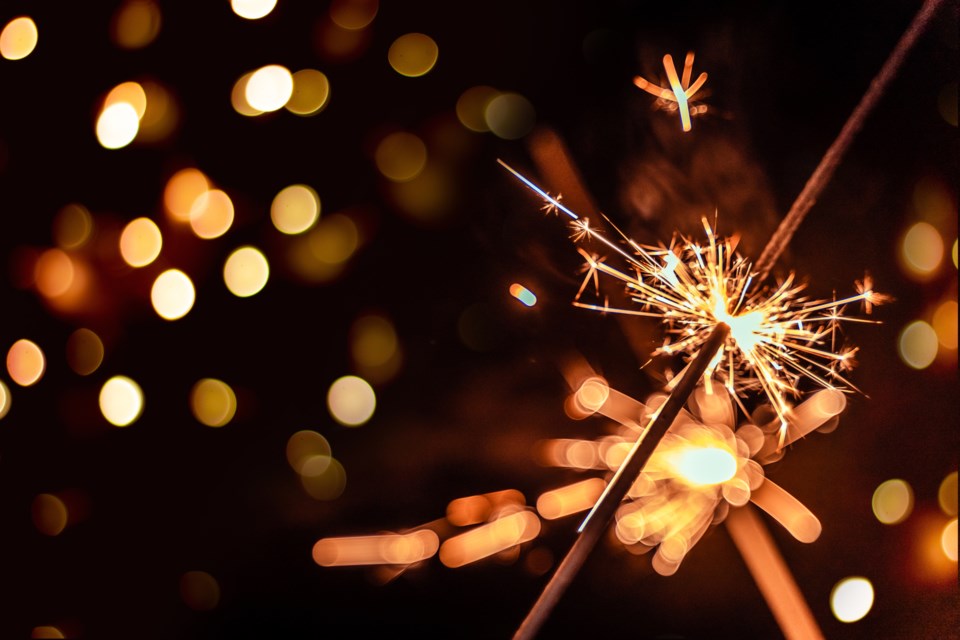WEYBURN - When I was a child, our family would often attend New Year’s Eve party at the home of one of our church friends.
Many of us gathered for games of Crokinole, Scrabble and Yahtzee. Snacks, refreshments and singing rounded out the evening, which always ended in a rousing rendition of Auld Lang Syne.
As a child, the song made little sense to me, especially the title phrase. Auld? Well, that sounds similar to Old. But Lang Syne? Was that someone’s name? Were we singing about Old Mr. Syne?
Auld Lange Syne was originally an 18th century Scottish poem that was set to music, and the phrase translates literally to “old long since” in English and means something akin to “times gone by” or “the olden days”.
The version we sing today is based on a poem published by Robert Burns, which he attributed to “an old man’s singing”.
Canadian band-leader Guy Lombardo brought the song into the homes of North Americans, first on radio in 1929 and then on television, during his annual New Year’s Eve broadcast. Guy, nicknamed “Mr. New Year’s Eve” and his band, the Royal Canadians, played the song to close out the show every year until 1976.
Ringing in the new year this way, has not only become a tradition, but THE tradition.
Should old acquaintance be forgot,
And never brought to mind?
Should old acquaintance be forgot,
And old lang syne?
For auld lang syne, my dear,
For auld lang syne,
We’ll take a cup of kindness yet,
For auld lang syne.
And surely you’ll buy your pint cup!
And surely I’ll buy mine!
And we’ll take a cup o’ kindness yet,
For auld lang syne.
We two have run about the slopes,
And picked the daisies fine;
But we’ve wandered many a weary foot,
Since auld lang syne.
We two have paddled in the stream,
From morning sun till dine;
But seas between us broad have roared
Since auld lang syne.
And there’s a hand my trusty friend!
And give me a hand o’ thine!
And we’ll take a right good-will draught,
For auld lang syne.
Happy New Year, all. See you in 2023!




